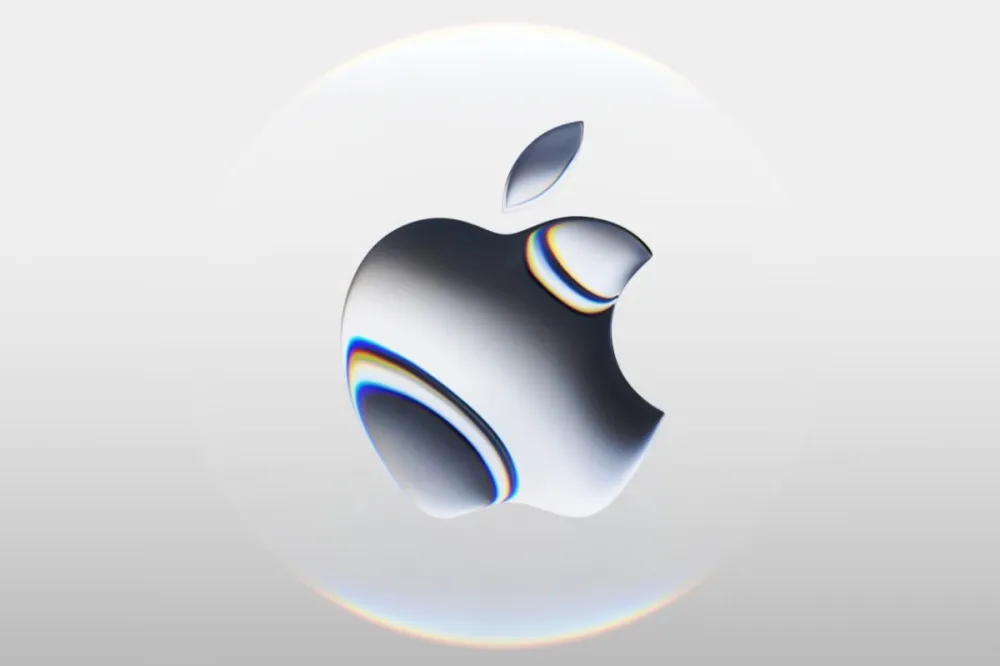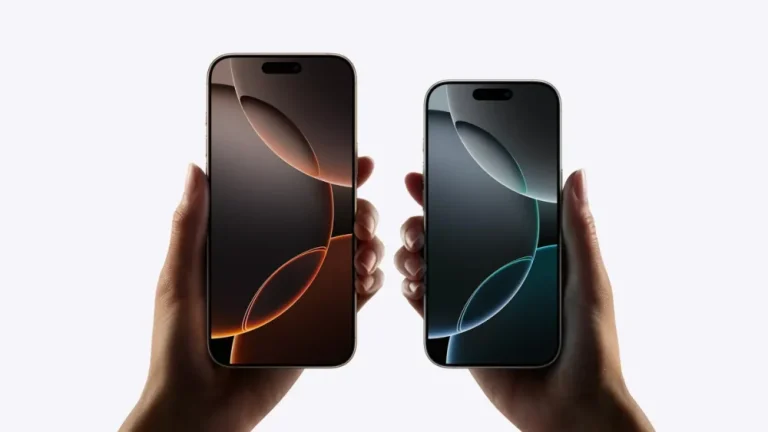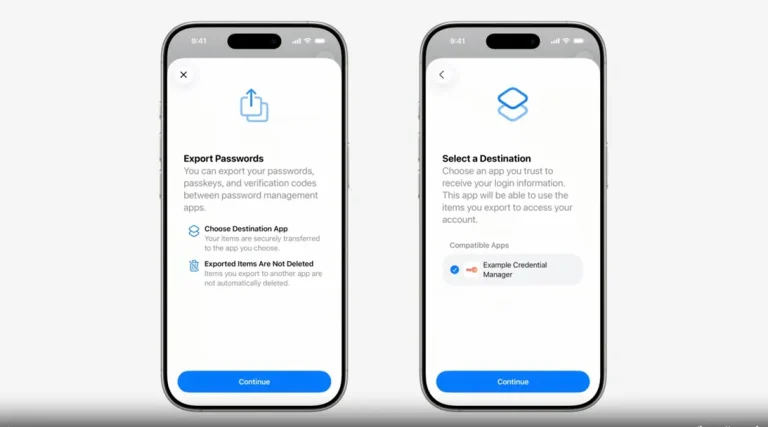
During testimony in the U.S. Department of Justice’s antitrust lawsuit against Google, Apple’s Senior Vice President Eddy Cue revealed that the company intends to “reinvent” the Safari browser by integrating artificial intelligence into the search experience—signaling a potential shift in Apple’s longstanding partnership with Google. Cue also projected that, with the advancement of AI technologies, the iPhone itself may become obsolete within the next decade, ushering in a new era of human-device interaction.
Similar to Google’s agreements with Mozilla and Samsung, the tech giant currently pays Apple substantial sums each year to remain the default search engine within Safari—reportedly amounting to nearly $20 billion annually.
However, according to Cue’s testimony, Apple is now pursuing a strategic move to reduce its dependence on Google. The company plans to transition from the traditional search engine paradigm to a more interactive, AI-driven search experience. To that end, Apple is expanding collaborations with AI firms such as OpenAI, Anthropic, and Perplexity, aiming to deeply embed artificial intelligence into the core of Safari’s functionality.
Despite these shifts, recent reports suggest that Apple may still integrate Google’s Gemini AI into its upcoming “Apple Intelligence” initiative. Thus, even as the existing search partnership may be reshaped under legal and strategic pressures, Apple and Google could continue to collaborate in the realm of AI technology.
Cue’s remark that the iPhone might no longer be necessary within ten years hints at a dramatic evolution in Apple’s hardware roadmap. It suggests a future in which artificial intelligence becomes the central pillar of user experience—possibly through more lightweight and wearable devices, such as smartwatches or the long-anticipated smart glasses, rather than traditional smartphones.


